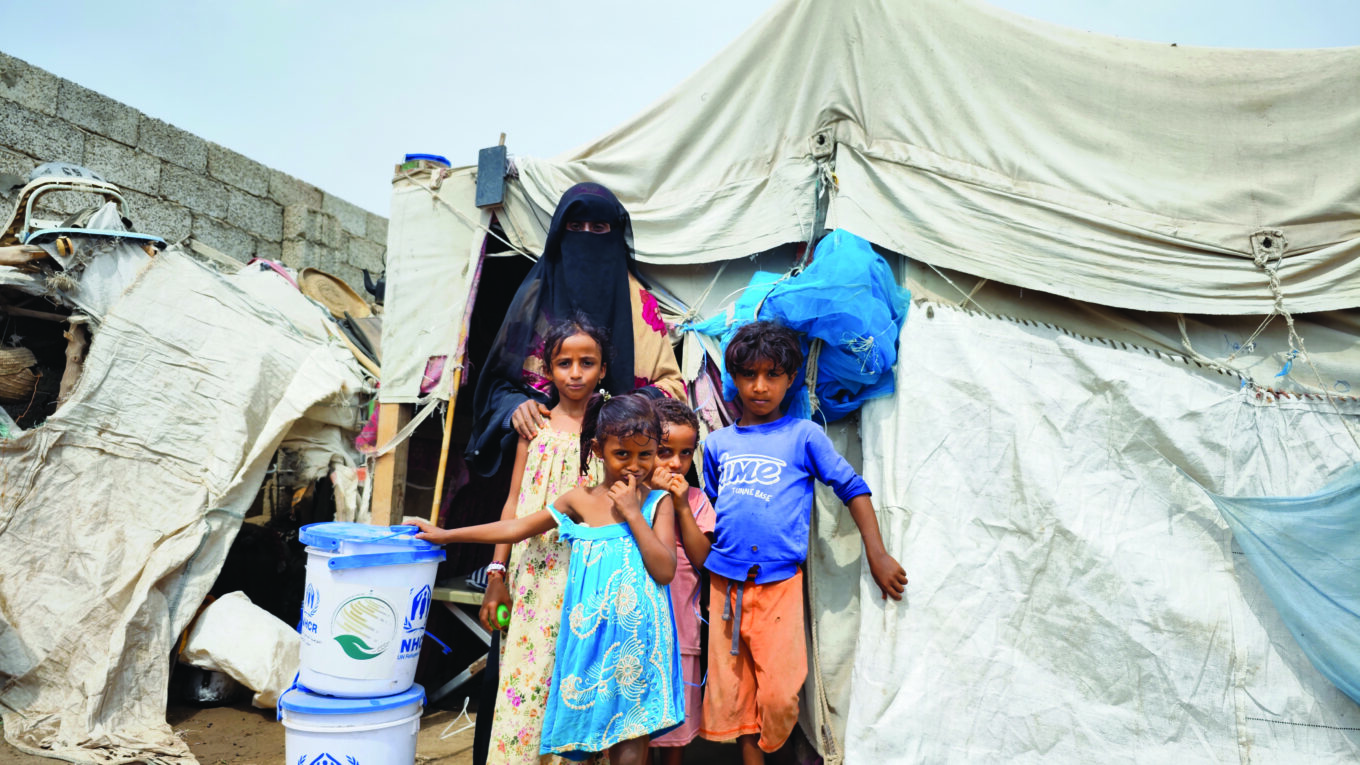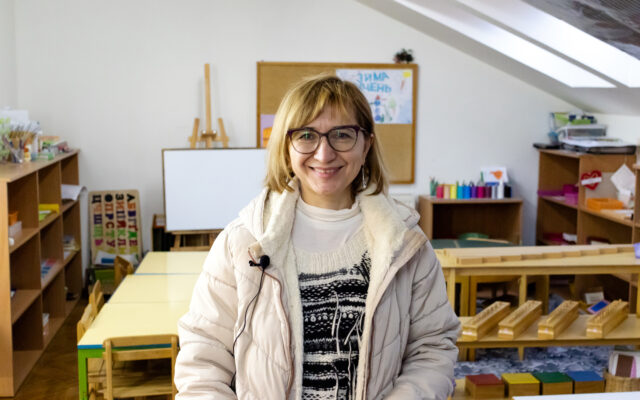My story: Working as a UNHCR Field Assistant in Yemen
Ghadeer, UNHCR Field Assistant, shares what motivates her to continue supporting displaced people.
20.03.24
I am from Sana’a, and in the early years of the conflict my family had to leave because of the fighting. We went to a rural area and my experiences help me identify with displaced people I meet today.
I remember we had to fetch water from the well just to shower. Of course, that’s not such a big hardship, but when you’ve lived in a city your whole life and are used to running water and electricity, it’s hard when you don’t have them anymore. Food was no longer a pleasure, eating was just what we did to fill our bellies. When you are displaced, everything changes. For people who are displaced now, it is so much harder because of the economy. Basics like rice, vegetables and potatoes are very expensive now.
The economy isn’t just numbers or statistics. It is a reflection of our lives, of our hopes, our security, our stability. We do not feel secure if we are not stable because our economy is crumbling.
Due to the prolonged conflict and dire economic situation in the whole country, we still see people sleeping out in the open in Sana’a city. They sleep on pavements at the side of the road, without even a blanket to cover them.
 Seham and her children with aid they received from UNHCR, outside their shelter in Al Khadra.
Seham and her children with aid they received from UNHCR, outside their shelter in Al Khadra.
Funding cuts impact our support
The hardest thing at the moment is the funding cuts*. We have to make really hard choices and some of our centres have had to close. We have to prioritise helping people with the most urgent critical needs. But I’ve seen many times the difference it makes when we can support people and alleviate their pain and suffering. Knowing we can have such an impact is what motivates us to carry on and do whatever we can to help displaced people.
*Just 36% of UNHCR’s work in Yemen is currently funded.




